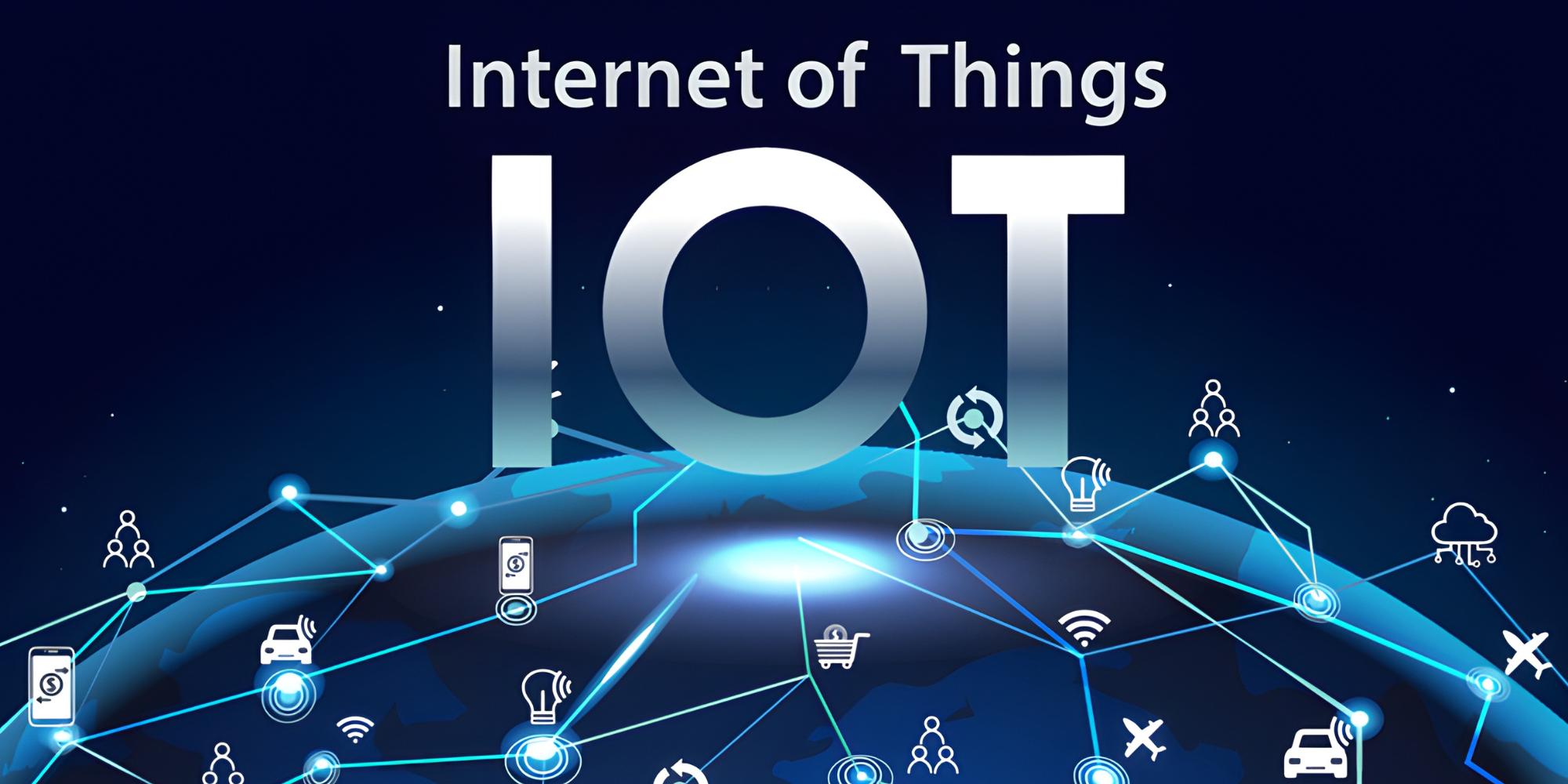
Welcome to the era where cityscapes are no longer static entities but dynamic, living ecosystems powered by the convergence of two groundbreaking technologies – the Internet of Things (IoT) and Artificial Intelligence (AI).
In this digital symphony, urban planning takes centre stage, orchestrating a profound transformation that transcends the conventional boundaries of sustainability, efficiency, and connectivity.
Join us as we unravel the tapestry of innovation woven by IoT and AI, exploring how these technological marvels are reshaping the very fabric of our cities and propelling us into a future where urban living is smarter, more sustainable, and remarkably
Ways in which IoT and AI impact urban planning
Enhancing infrastructure efficiency and sustainability
One of the primary advantages of IoT and AI in urban planning is the optimisation of infrastructure efficiency. Through the deployment of smart sensors and devices, cities can collect real-time data on various factors, such as traffic flow, energy consumption, air quality, and waste management. This wealth of information enables city planners to make data-driven decisions, leading to more efficient resource allocation and enhanced sustainability.
Improving traffic management and mobility
Smart cities leverage IoT and AI technologies to tackle the growing challenges associated with traffic congestion and mobility. By utilising sensor-enabled smart traffic lights, intelligent parking systems, and real-time navigation apps, cities can optimise traffic flow, reduce travel times, and minimise carbon emissions. Furthermore, AI algorithms can analyse data patterns and predict traffic conditions, enabling proactive measures to be taken to alleviate congestion.
Enhancing safety and security
IoT and AI play a crucial role in enhancing safety and security within smart cities. Surveillance cameras equipped with AI algorithms can detect and respond to suspicious activities in real-time, effectively preventing crime and ensuring public safety. Additionally, IoT-enabled emergency response systems can provide rapid assistance during critical situations, saving valuable time and potentially saving lives.
Fostering citizen engagement and participation
Smart cities aim to empower citizens by actively involving them in the urban planning process. IoT technologies, such as smart meters and mobile apps, enable individuals to monitor and manage their resource consumption, fostering a sense of responsibility towards the environment. Furthermore, AI-powered chatbots and virtual assistants can provide personalised information and services, enhancing citizen engagement and satisfaction.
Challenges and prospects
While the benefits of IoT and AI in urban planning are undeniable, some challenges need to be addressed. Privacy concerns, data security risks, and the digital divide are some of the key hurdles that need careful consideration. However, with continuous technological advancements and robust governance frameworks, these challenges can be overcome.
Looking ahead, the prospects of IoT and AI in urban planning are promising. As technology evolves, the integration of IoT and AI will become more seamless, enabling cities to become even smarter and more sustainable. From autonomous vehicles to energy-efficient buildings, the innovation potential is vast, and the impact on urban planning will be transformative.










